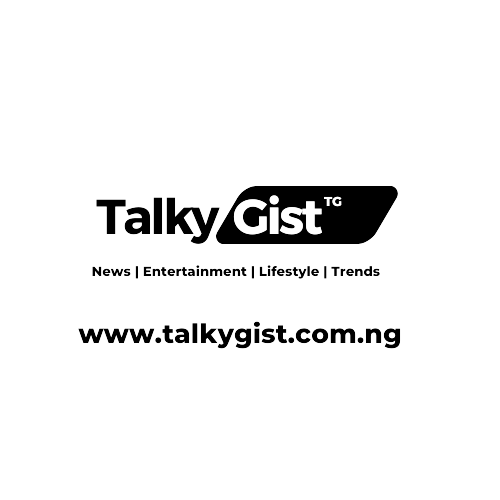
The Federal Executive Council (FEC) yesterday approved the whistle-blower programme designed to encourage anyone with information about the stealing of public funds to report it.
Under this novel programme, if there is a voluntary return of stolen or concealed public funds or assets on the account of the information provided by the whistleblower, he or she will get between 2.5 per cent and five per cent of the amount recovered. Arghh, they are plenty oh, make we name them… so that we go get small money LOL.
Finance minister, Kemi Adeosun, disclosed this to State House correspondents after the FEC meeting presided over by President Muhammadu Buhari at the presidential villa, Abuja.

According to her, the type of information that can be reported include mismanagement or misappropriation of public funds and assets (e.g. properties and vehicles), financial malpractice or fraud.

She listed some of the financial malpractices as “collecting/soliciting bribes, corruption, diversion of revenues, fraudulent and unapproved payments, splitting of contracts and procurement fraud (kickbacks and over-invoicing etc).
The benefits of the programme, she said, include: increasing the exposure of financial or financial-related crimes; supporting the fight against financial crimes and corruption; improving the level of public confidence in public entities; enhancing transparency and accountability in the management of public funds; improving Nigeria’s open government ranking and ease of doing business indicators, and the recovery of public funds that can be deployed to finance Nigeria’s infrastructure deficit.
“If there is a voluntary return of stolen or concealed public funds or assets on the account of the information provided, the whistleblower may be entitled to anywhere between 2.5 per cent (minimum) and five per cent (maximum) of the total amount recovered.
“You must have provided the government with information it does not already have and could not otherwise obtain from any other publicly available source to the government,” Adeosun said.
On whether there would be sanctions for individuals or corporate bodies involved in the diversion of public funds, she answered in the affirmative, saying they would be referred to the anti-corruption agencies for possible prosecution and subsequently blacklisted from working with or doing business with the government.



0 Comments